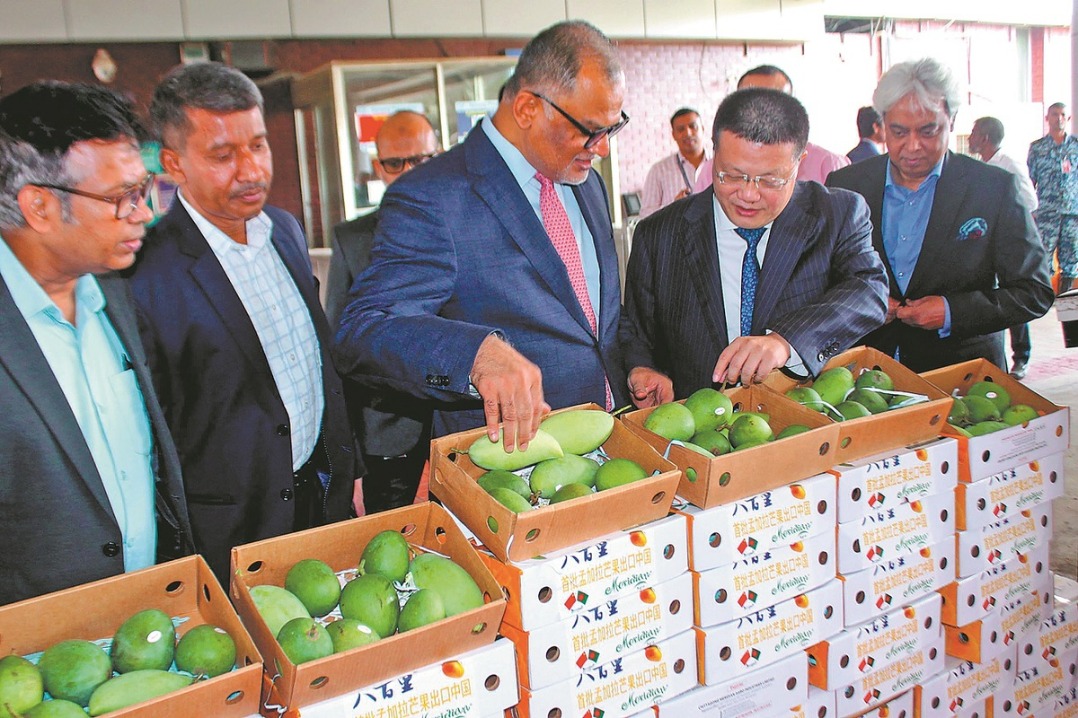Economic measures sought as marriage rates keep falling
Registrations of newlywed couples drop as dating pool shrinks, attitudes shift

China's marriage rate continued to decline last year, reflecting both a shrinking pool of eligible partners and changing views on marriage, an expert said, calling for stronger measures to encourage unions.
Registrations of married couples fell to about 6.11 million in 2024, a drop of 20.5 percent from the previous year, according to the 2024 Statistical Bulletin on the Development of Civil Affairs, released on Wednesday by the Ministry of Civil Affairs. The figure is less than half the number recorded in 2014.
The bulletin also said the marriage rate stood at 4.3 per 1,000 people in 2024, down 1.1 points year-on-year and marking the lowest since 2020.
Jiang Quanbao, a professor at the School of Labor Economics at the Capital University of Economics and Business, said the decline in the overall population is contributing to a smaller marriage-age demographic.
"Also, today, the idea of marrying late or not marrying at all is becoming more accepted among young people," he said. "The trend of delaying marriage is on the rise, resulting in a lower marriage rate."
About 4.29 million people age 25 to 29 registered marriages last year, a sharp decrease from the 5.83 million in 2023.
"As the Chinese hold the belief of establishing a career before starting a family, economic pressure on young people is hindering the prospect of marriage," Jiang said. "They face both academic pressure — especially as more young women attain higher levels of education — and challenges securing employment."
Local governments have introduced a range of measures to promote marriage, including extended marriage leave and financial incentives.
Since 2021, for example, Henan province has allowed newlyweds an additional 18 days of marriage leave on top of the three-day national allowance. In Lyuliang, Shanxi province, first-time couples in which the woman is 35 or younger have been eligible for a 1,500 yuan ($208) cash reward since Jan 1.
In March, Zhejiang province issued a notice encouraging local authorities to offer incentives such as red packets and shopping vouchers to eligible couples.
Authorities have also moved to streamline the registration process. Revised marriage registration regulations that took effect on May 10 removed the requirement for household registration books and eliminated fees for marriage certificates.
Jiang said further relief from economic burdens is needed, particularly for young people who want to buy property before getting married.
"It is good to see that the government has taken seriously the need to reduce costs associated with marriage, such as traditional practices like dowries in some regions," he added.
- Economic measures sought as marriage rates keep falling
- 20th CPC Central Committee to hold fourth plenary session in October
- Afforestation turns barren ravine into green oasis
- Nation tackles electricity demand amid heatwave
- Support, services for veterans progressing smoothly
- Gut microbiota help blue sheep adapt to local diets




































